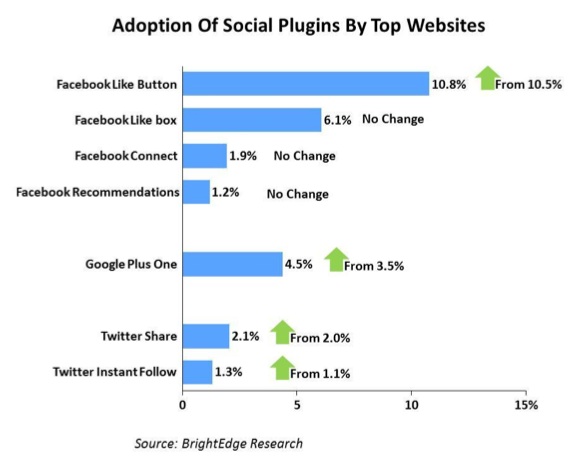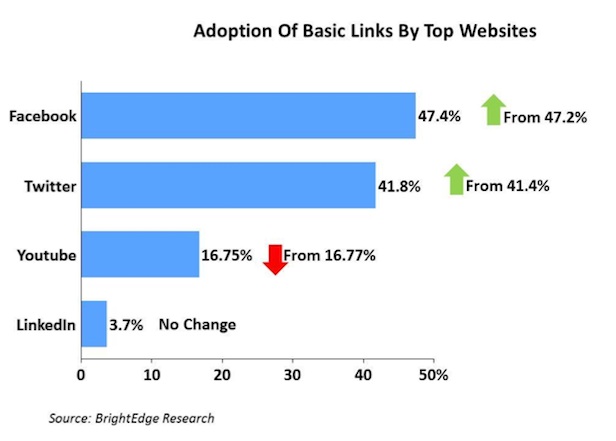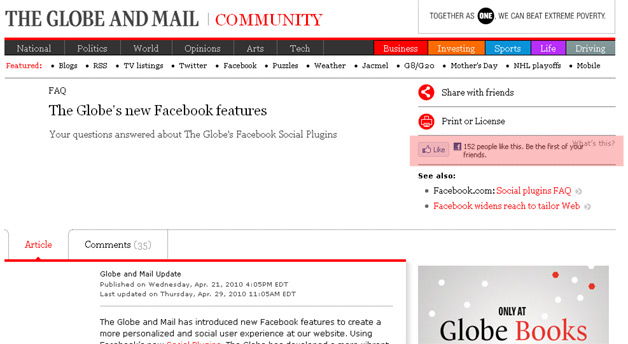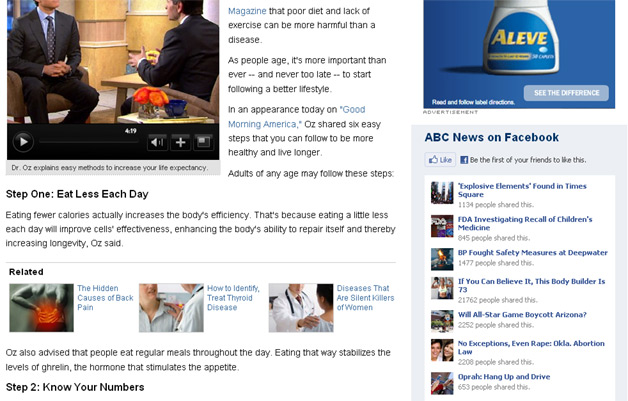Update: A spokesperson for Facebook offers some clarity on this:
If a website uses the Like Box today, it will not stop working on June 23 — instead it will become the Page Plugin.
We recommend that site owners upgrade their code to the new SDK and Graph API, as this will allow them to take advantage of the newest platform features. However, if they don’t upgrade, their site will automatically update to the Page Plugin on June 23 — so their site will have the benefit of the new, updated look and functionality without the site owner having to do any work.
Original Article: A few years back, Facebook launched the Like Box plugin as one way for websites to generate more engagement from Facebook users by showing content from their Facebook pages, and showing them other people who have liked the page. The company is now shutting the plugin down.
Facebook is advising developers to start using its Page Plugin instead of the Like Box. In a document on its developer site (via TheNextWeb), Facebook says:
With the release of Graph API v2.3, the Like Box plugin is deprecated and will stop working on June 23rd 2015. Use the new Page Plugin instead. The Page Plugin allows you to embed a simple feed of content from a Page into your websites.
The Like Box is a special version of the Like Button designed only for Facebook Pages. It allows admins to promote their Pages and embed a simple feed of content from a Page into other sites.
So you’ve got a couple months to switch.
The Page Plugin lets your website visitors like and share your Facebook Page without having to leave your site. Here’s what it looks like:


The plugin allows you to change the following settings: href, width, height, hide_cover, show_facepile, and show_posts. Those last two enable you to display profile photos, incuding the user’s friends, who have liked the page, and to show posts from your Page. The standard configuration only includes the header and a cover photo, and is 380 pixels wide.


You can also adjust the language if need by. Just load a localized version of the Facebook JavaScript SDK, and when you do so, adjust the value js.src to use your locale. For example, for Russian, you would replace en_US with ru_RU.
In case you could tell from the name of the plugin, it only supports Pages. In other words, you can’t use it for Facebook Events or Groups. You also can’t use it for pages without owners, such as generated pages, places, interests, etc.
Images via Facebook







